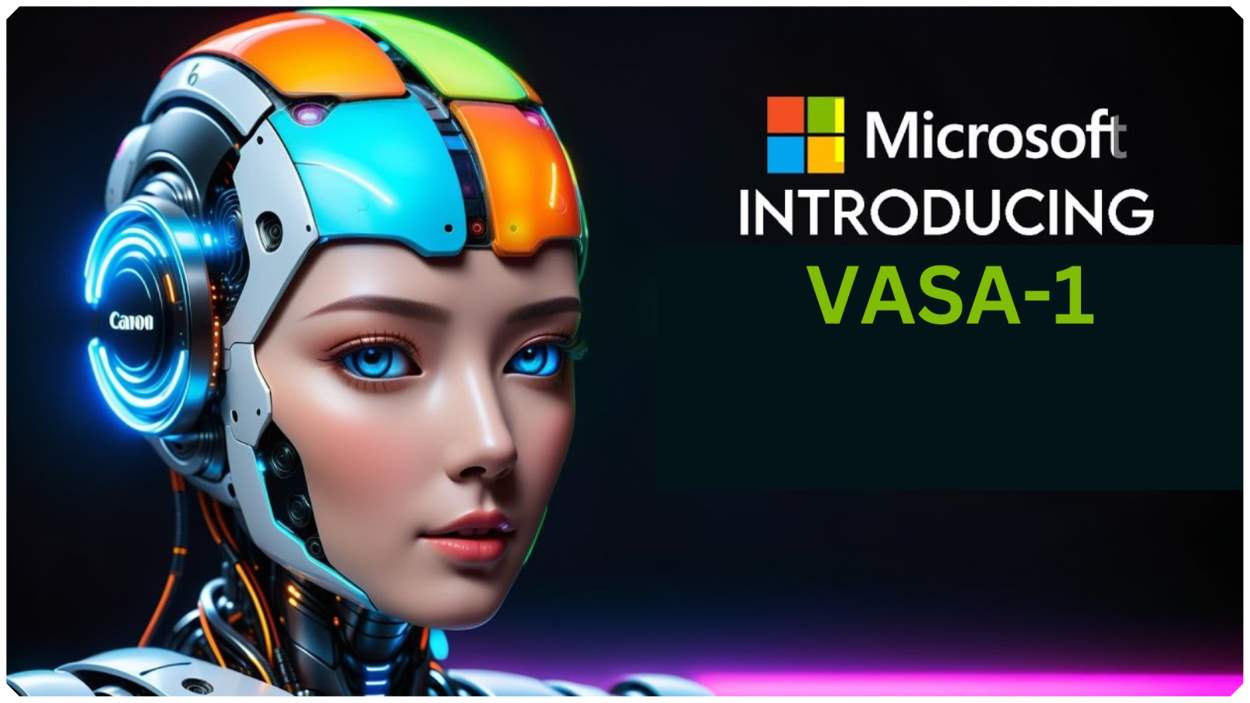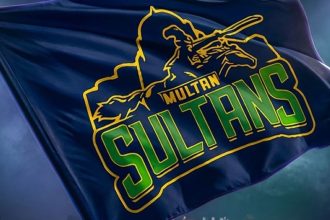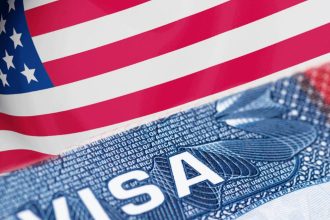Microsoft has introduced an AI technology named VASA-1, which can produce videos that mimic human faces and voices with high realism.
The technology was demonstrated by animating the “Mona Lisa” to rap Anne Hathaway’s 2011 “Paparazzi” performance, as reported by CNET. The result blurs the line between innovation and eeriness.
The tech industry sees rapid advancements in this area, with OpenAI and Google developing their versions, such as Sora and Lumiere, which turn text prompts into videos. However, these are not widely available yet.
Deepfake technology has been around for some time, allowing for lifelike video manipulations that raise concerns about disinformation. Despite these worries, app developers offer scaled-down versions of such advanced technologies.
With the increasing use of AI in media creation, cybersecurity experts caution that personal photos could be used to refine these technologies without consent from the individuals photographed.
Microsoft acknowledges the risks of misuse but emphasizes the positive impacts of VASA-1. The technology could enhance educational access, improve communication for those with disabilities, and provide companionship or therapeutic support, among other benefits.
In a blog post, Microsoft committed to responsible AI development, aiming to advance human well-being through their innovations.






